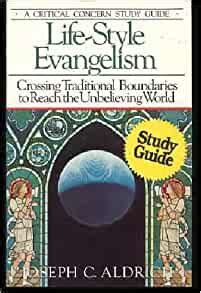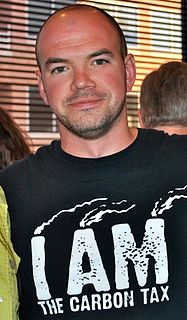A Quote by Salman Rushdie
The Christian Coalition is still about Christianity, even if it's an idea of Christianity that many Christians might not go along with.
Related Quotes
There were honest people long before there were Christians and there are, God be praised, still honest people where there are no Christians. It could therefore easily be possible that people are Christians because true Christianity corresponds to what they would have been even if Christianity did not exist.
The best argument for Christianity is Christians: their joy, their certainty, their completeness. But the strongest argument against Christianity is also Christians-when they are somber and joyless, when they are self-righteous and smug in complacent consecration, when they are narrow and repressive, then Christianity dies a thousand deaths.
With an abstract idea it is possible to enter into a relation of formal knowledge, to become enthusiastic about it, and perhaps even to put it into practice; but it can never be followed in personal obedience. Christianity without the living Christ is inevitably Christianity without discipleship, and Christianity without discipleship is always Christianity without Christ.
Christians have always tended to transform the Christian Revelation into a Christian religion. Christianity is said to be a religion like any other or, conversely, some Christians try to show that it is a better religion than the others. People attempt to take possession of God. Theology claims to explain everything, including the being of God. People tend to transform Christianity into a religion because the Christian faith obviously places people in an extremely uncomfortable position that of freedom guided only by love and all in the context of God's radical demand that we be holy.
There is no ground whatever for the claim, so often made by religious apologists, that these ideals are specifically Christian and originated with Jesus. What were specifically Christian were some of the less enlightened teachings, which have done untold harm. Christians claim that organised Christianity has been a great force for good, but this view can be maintained on one assumption only: that everything good in the Christian era is a result of Christianity and everything bad happened in spite of it.
There is one notable thing about our Christianity: bad, bloody, merciless, money-grabbing and predatory as it is - in our country particularly, and in all other Christian countries in a somewhat modified degree - it is still a hundred times better than the Christianity of the Bible, with its prodigious crime- the invention of Hell.
So herein lies the choice for those of us who are Christians. We can either stay within the Christianity we have mastered with the Jesus we have domesticated, or we can leave Christianity as a destination, embrace Christianity as a way of life, and then journey to reality, where God is present and living in every person, every human community, and all creation.
This Christianity is not a cultural thing. It is not something that should be just a small part of your life; it is not something that you do on Sunday... Christianity is not about you being just like the world all the time and then coming to church on Sunday. If that is your Christianity... you are not Christian.
My spiritual path has largely been Christianity - a label that I embraced and then rejected and have partially embraced again, as my understanding of Christianity has changed over time. When I accepted the mainstream, dogmatic definition of Christianity there came a point when I had to say, "Well, if that's what a Christian is, I'm not one."
A ground frequently taken by Christian theologians is that the progress and civilization of the world are due to Christianity; and the discussion is complicated by the fact that many eminent servants of humanity have been nominal Christians, of one or other of the sects. My allegation will be that the special services rendered to human progress by these exceptional men have not been in consequence of their adhesion to Christianity, but in spite of it, and that the specific points of advantage to human kind have been in ratio of their direct opposition to precise Biblical enactments.
Liberal Christianity, of course, has enemies, but they are everyone's enemies - sexism, racism, homophobia. But liberal versions of Christianity, which can be both theologically and politically conservative, assume that what it means to be Christian qua Christian is to have no enemies peculiar to being Christian.







































